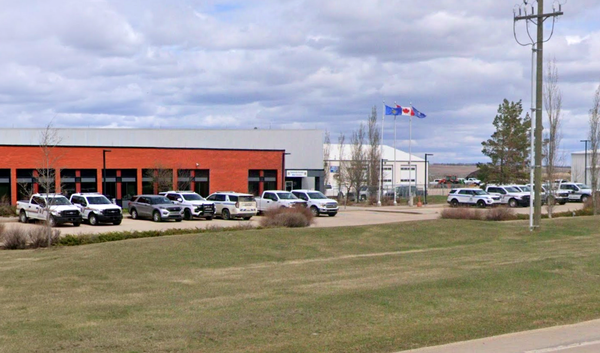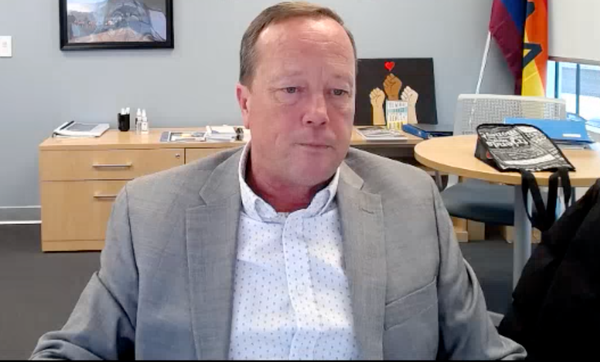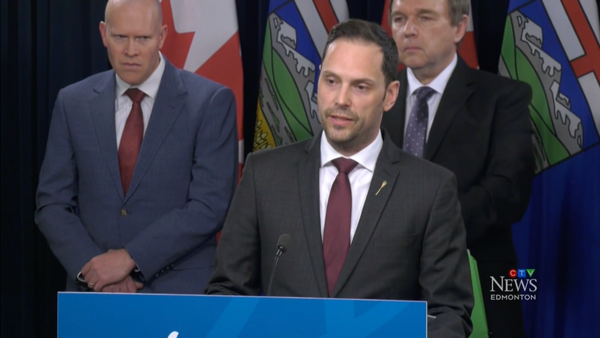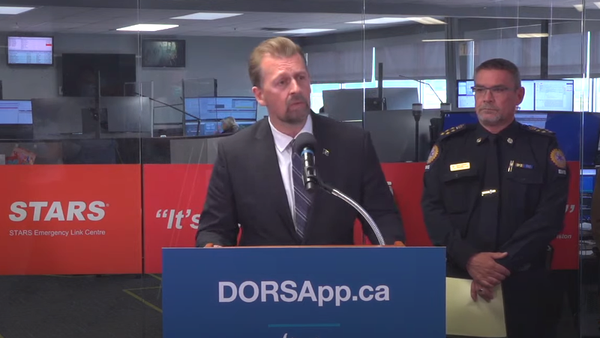Province refuses to disclose Calgary Recovery Community contract awarded in 2023
Documents reveal new details about the recovery community grant competition hurried through the Ministry of Mental Health and Addiction in 2023. The Ministry continues to withhold details about the recipient previously hinted at by Drug Data Decoded.
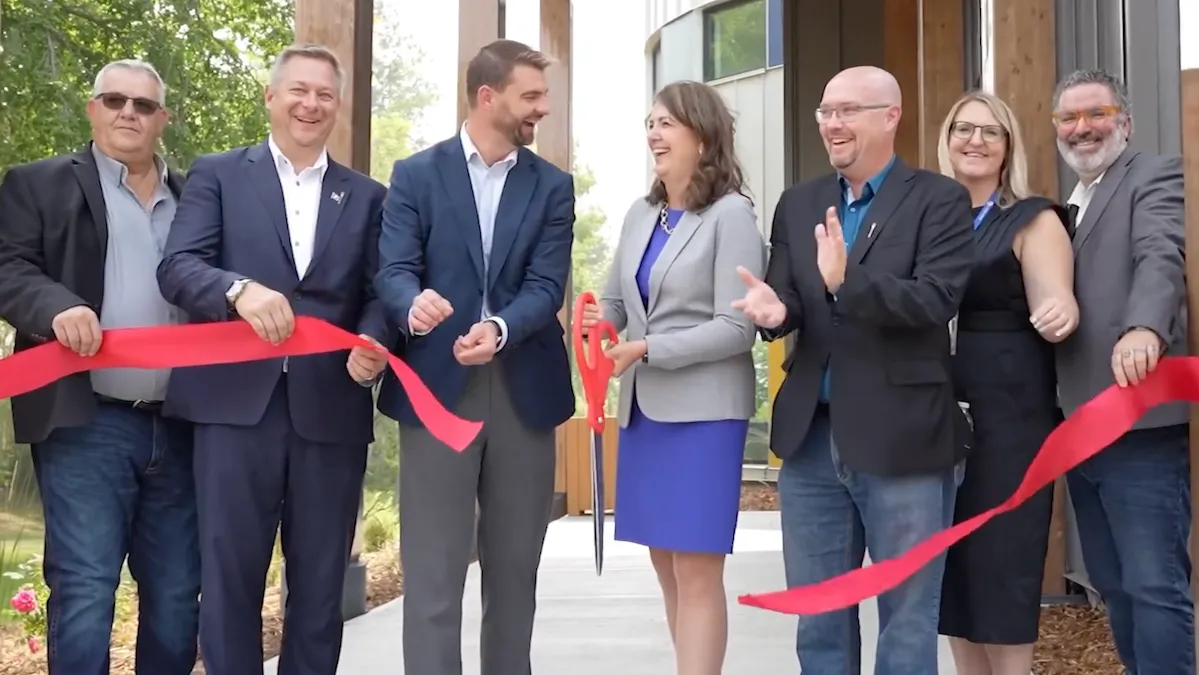
Alberta's Ministry of Mental Health and Addiction awarded the Calgary Recovery Community contract after just a two-week application window in 2023 but is withholding the recipient's identity and key contract details nearly two years later, in a heavily redacted freedom of information response to Drug Data Decoded.
The contract recipient, which an earlier Drug Data Decoded investigation revealed is most likely BC-based Last Door Recovery Society, was determined on March 31, 2023. This was less than two months after sexual assault allegations surfaced concerning a former employee of Last Door. The employee, Adam Haber, was charged on three counts of sexual assault two months later by New Westminster Police. A verdict has yet to be reached in the case, but shortly after the charges were laid, new allegations surfaced that members of Last Door's upper management knew about the assault allegations and had attempted to silence them.
According to un-redacted portions of the freedom of information disclosure (available to media on request), the contract was announced through invitations sent to select service providers on March 1, 2023. Interested service providers signed a non-disclosure agreement, after which they received the application package. The applications required operational details, a budget and supporting stakeholder letters, due on March 15 – just two weeks after the initial invitation. The successful applicant was to be notified on March 31, 2023.
Evidence that Last Door is the contract recipient includes several Calgary-based job postings for nurses, an addiction counsellor, clinical manager, support worker, operations manager and kitchen manager. The job postings have been removed from Workopolis since the December 8 report by Drug Data Decoded, but remain posted at Last Door's Careers page and Instagram page.
Further, a City of Calgary development permit was issued to the Ministry of Mental Health and Addiction near southeast Calgary's International Ave in 2023. The business association for that district lists Last Door as a Community Partner. Last Door has no obvious physical presence in that area.
Together, these suggest Last Door is opening a recovery community similar to the others opened in Gunn, Red Deer and Lethbridge.
The request for contract details and grant recipient information was submitted by Drug Data Decoded on October 7, 2024, and two extensions were taken by the Ministry that delayed the response. The 485-page response, made on December 18, provided just 39 of the pages, heavily redacted to protect the identity of the recipient.
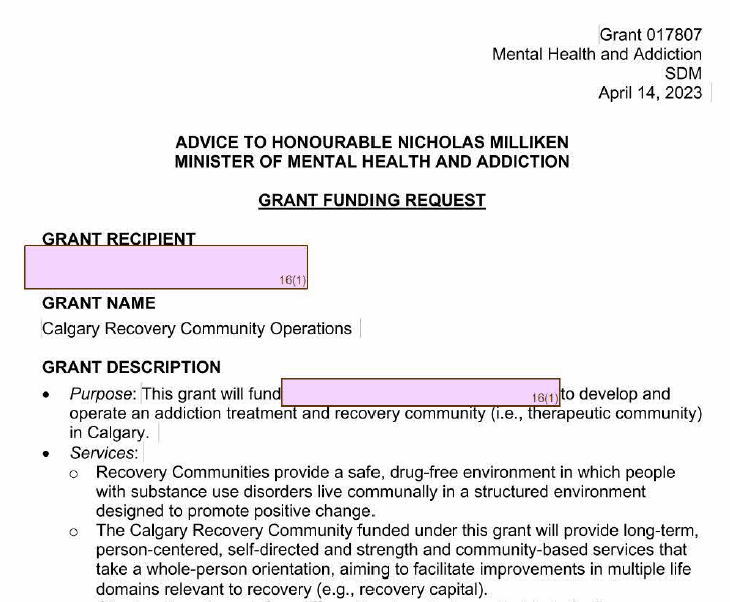
The remaining 436 pages were entirely withheld, largely under FOIP Act Sections 16 (harmful to business interest of a third party), 17 (invasion of personal privacy) and 25 (harmful to interests of government). However, Section 17(2) clearly stipulates that "disclosure of personal information is not an unreasonable invasion of a third party’s personal privacy if the disclosure reveals financial and other details of a contract to supply goods or services to a public body." (Emphasis added.)
The identity of the grant recipient was withheld by the Ministry in its response. The Ministry of Mental Health and Addiction was approached for comment on December 18, including to confirm or deny if Last Door is indeed the contract recipient for Calgary Recovery Community, but no response was provided.
The recipients of the Gunn and Red Deer recovery community grants were provided $4.5 million each per year for service delivery. Lease and operating costs, such as utilities and maintenance, are covered by the Ministry, according to the guidelines of the Calgary grant.
The new details revealed by the freedom of information response about Calgary Recovery Community mimic those revealed about the Gunn competition by Drug Data Decoded in March 2024. That competition was also hurried through the Ministry in a closed, invitation-only format in 2022, and the contract was quietly awarded to ROSC Solutions Group, a private company run by Carson McPherson. McPherson is an affiliate of Marshall Smith, the outgoing chief of staff to Premier Danielle Smith.
It took nearly 20 months after the decision was finalized until ROSC Solutions Group was publicly announced as the Gunn contract recipient.
There is no indication from the new or previously obtained documents that a system was implemented by the Ministry through which specific recovery organizations get fast-tracked access to grant competitions. The Gunn recovery community was repeatedly referred to as a "competitive grant process," despite the "tight deadlines" under which government staffers were working to carry it out.
The new documents also reveal that procurement contracts for Calgary Recovery Community were signed in September 2024, but no details were provided on who received those public dollars.
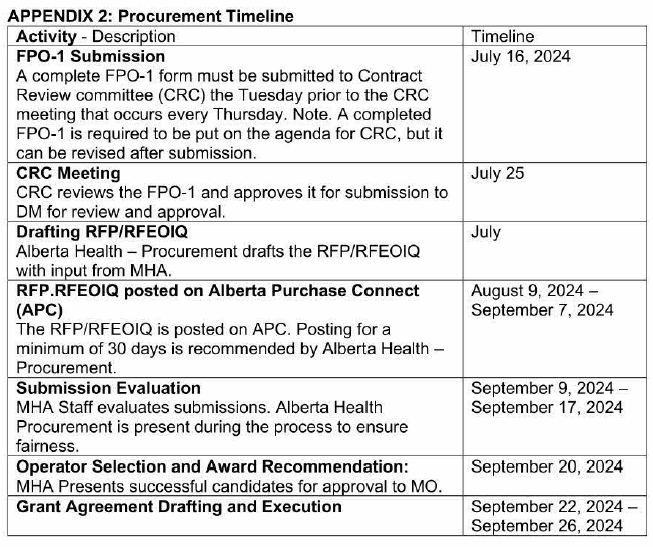
Although it remains to be confirmed by the Ministry that Last Door is the recipient of the Calgary Recovery Community contract, the likelihood of this possibility should be alarming to recovery operators in Alberta. Last Door already holds considerable power over other service providers through its control of the My Recovery Plan app, which has been forced by the Alberta government into every publicly funded recovery program in the province. Its data will be used to gauge success rates of each program for future funding decisions. Through My Recovery Plan, staff at Last Door may also have access to the personal information of every recovery client entering these facilities.
Combined with the earlier disclosures about the Gunn recovery community competition, the latest revelation hints at possible manipulation of grant competitions by the United Conservative government. Rather than face the public heat brought about by sole-source contracting, the government may be using impossibly short application windows to pre-select contract recipients.
With millions in annual funding on the line, exclusion from these projects could mean non-viability for operators under the increasingly privatized Alberta Model.
This story was shared with Paid subscribers December 19 and is publicly accessible as of December 20.
Call for support: if you know professionals or academics who might be interested in supporting this work, they are likely eligible to claim the cost of a subscription as professional development expenses!
Drug Data Decoded provides analysis on topics concerning the war on drugs using news sources, publicly available data sets and freedom of information submissions, from which the author draws reasonable opinions. The author is not a journalist.


